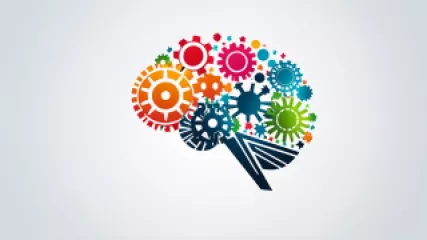What Is the Psychology Behind Successful Brands?
1 year ago
Psychology of Brands
A Step-by-Step Guide to Overcoming Anxiety with Virtual Mental Health Coaching
1 year ago
Anxiety
The Best Career Counseling Techniques: 5 Questions to Ask Yourself
1 year ago
Career Counseling
Why Holistic Therapy Is Essential for Remote Mental Health Support
1 year ago
Holistic Therapy
Mastering Wellness Practices: 7 Relaxation Techniques to Try Today
1 year ago
Techniques for Relaxation
Navigating the Self-Help vs. Professional Guidance Dilemma: A Step-by-Step Guide
1 year ago
Self Help vs Professional Help
Managing Time Effectively for Reduced Anxiety
1 year ago
Time Management
5 Vital Questions to Ask When Starting a Self-Harm Recovery Program
1 year ago
Self Harm
My Journey to Overcoming Somatic Symptoms
1 year ago
Managing Somatic Symptoms
Why Personal Growth is Essential for a Fulfilling Life
1 year ago
Personal Growth
What Are the Top Benefits of Play Therapy for Children?
1 year ago
Play Therapy
My Journey from Stress to Understanding Anxiety
1 year ago
Stress vs Anxiety
10 Key Benefits of Online Life Coaching
1 year ago
Life Coaching Advantages
Developing Resilience: A Step-by-Step Guide to Cultivating Grit
1 year ago
Cultivating Grit














